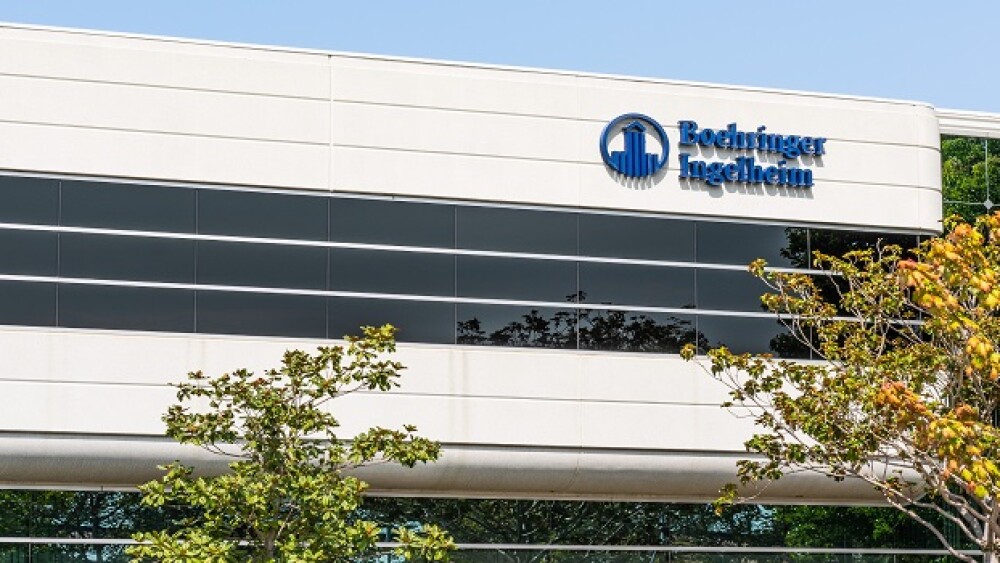Mikkel Vestergaard Frandsen is to transition to a new role pursuing further opportunities in humanitarian entrepreneurship, having spent 27 years at Vestergaard and 22 years as CEO.
| LAUSANNE, Switzerland, Jan. 30, 2020 /PRNewswire/ -- Mikkel Vestergaard Frandsen is to transition to a new role pursuing further opportunities in humanitarian entrepreneurship, having spent 27 years at Vestergaard and 22 years as CEO.
Mikkel will focus on his work as CEO of Sceye, a material science company building stratospheric airships. In a continuation of the humanitarian work that has defined Mikkel’s career, Sceye’s potential applications include monitoring the effects of climate change, tracking illegal fishing and human trafficking, and providing connectivity to off-grid communities. Mikkel will continue to shape the future of Vestergaard through his role on the board of directors. Alison Hill will step up from managing director to become CEO of LifeStraw, which becomes a separate business concern. The PermaNet and ZeroFly brands will remain under Vestergaard, which welcomes Michael Joos as CEO. Mikkel remains CEO of the parent company Vestergaard Holding. Under Mikkel, Vestergaard’s three major brands have collectively contributed to disease prevention for more than one billion of the world’s most vulnerable people.
“I am immensely proud of the accomplishments of the team at Vestergaard,” says Mikkel Vestergaard Frandsen. “This is a team driven by the desire to make positive changes in the world, and one that has worked hard to achieve this. Our mission, vision and values are embedded throughout the company, which is why each business unit is able to lead the way in creating meaningful humanitarian impact.” “I am pleased to welcome the next generation of day-to-day leadership, and Alison Hill and Michael Joos are talented leaders who will bring the intelligence, drive and passion needed to grow our successful brands into the future. I am excited to watch LifeStraw, PermaNet, and ZeroFly continue to move the world towards disease eradication, and better health and nutrition. And I’m also excited to be taking the helm of an innovative tech company that has the potential to add to huge positive humanitarian and environmental impact around the world.” When Mikkel began working with the family company in the early 1990s, Vestergaard was a small sewing operation in Denmark. Today, under Mikkel’s leadership, the company has grown to be one of the most successful and impactful private humanitarian companies in the world. Vestergaard believes that humanitarian impact is not a cost to the company, but a driver of revenues, and one that can be measured both in the bottom line and in its work setting a gold standard as a positive impact company.
SOURCE Vestergaard |





